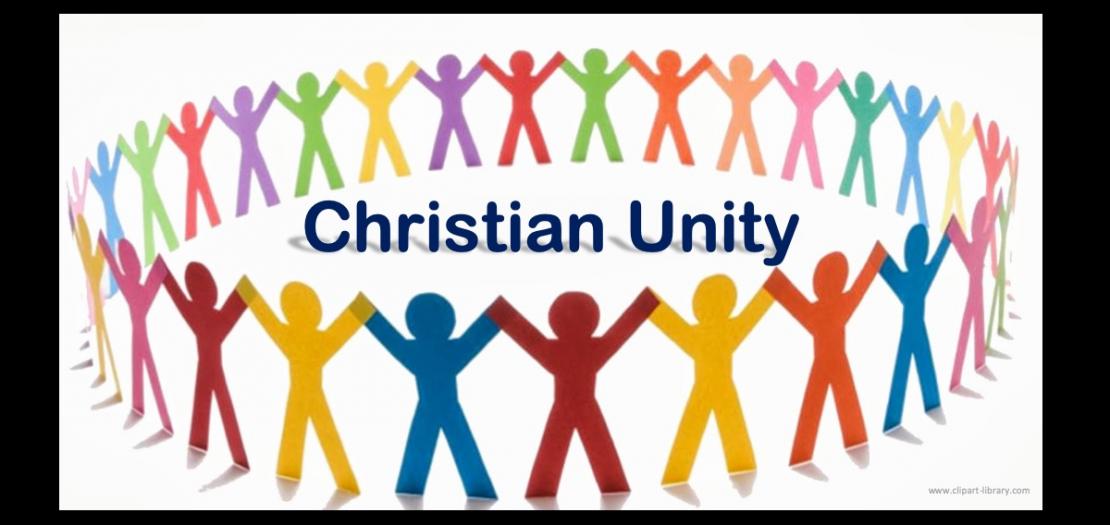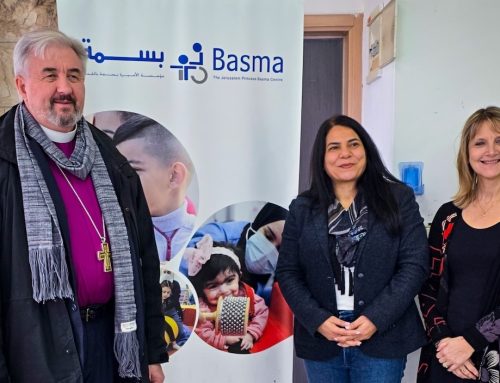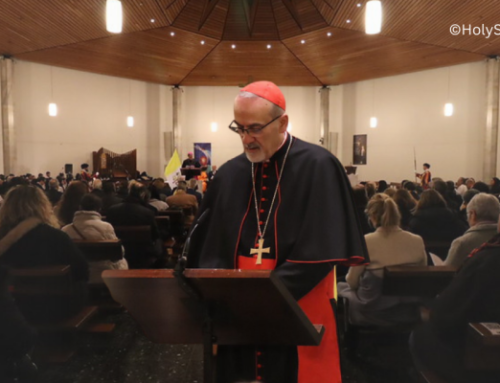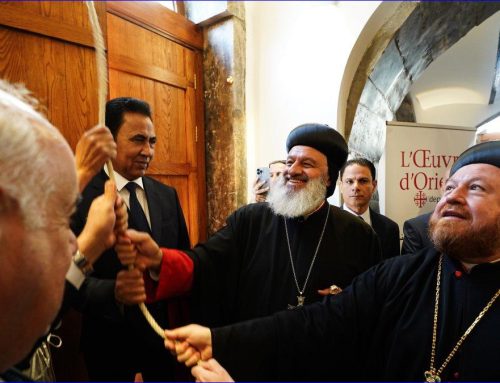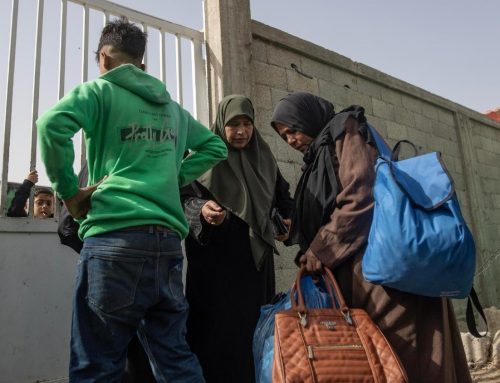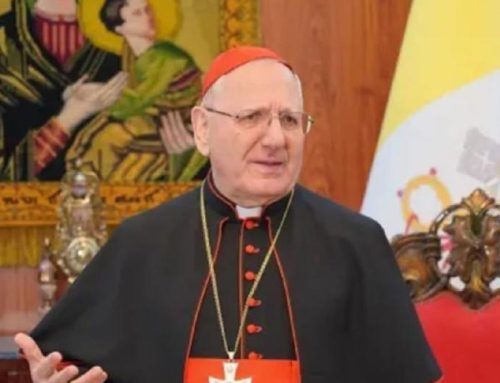Upon concluding his visit to the Kingdom of Bahrain, which took place on November 3-6, His Holiness Pope Francis will have visited seven Arab countries including Jordan–the land of Baptism, Palestine, Egypt, Morocco, Iraq, and the United Arab Emirates.
Despite the importance of all these visits and the noble messages conveyed during them which call for peace, harmony, interfaith dialogue, and common living, while calling for Muslim-Christian collaboration for peace, yet this visit to the Kingdom of Bahrain included as well the Pope’s wholeheartedly call for Christian unity as divisions have over the years served as a deep crack snowballing into deep diversity and schism.
His Holiness Pope Francis never missed any opportunity to highlight this important issue during meetings with various religious leaders in all parts of the world as he repeatedly called for sincere steps leading to the attainment of this ultimate noble and divine goal while signing relevant agreements.
On the first meeting between Pope Francis and Patriarch Kirill, patriarch of the Russian Orthodox Church, in February 2016, they issued the Joint Declaration known as the Havana Declaration. It included 30 points containing a joint call by the two church primates for an end to the persecution of Christians in the Middle East and expressed their hope that the meeting might contribute to the re-establishment of Christian unity between the two churches.
In 2014, Ecumenical Patriarch Bartholomew and His Holiness Pope Francis signed a Joint Declaration affirming their commitment to seek unity between their respective ecclesial bodies.
Press reports indicate that at the end of his second day in Bahrain, Pope Francis joined the Orthodox Ecumenical Patriarch of Constantinople as well as other Christian leaders from the region for an Ecumenical Meeting and Prayer for Peace at the Cathedral of Our Lady of Arabia in Awali. This very meeting serves as a model reflecting the aspiration to jointly work for the attainment of this noble goal, namely Christian unity.
In his address, the Pope lamented divisions among Christians, which he termed as “have wounded the Lord’s holy body.” Stressing that “the Holy Spirit, Who joins all the members together, is greater than our divisions according to the flesh,” he added, “It is right to say that what unites us far exceeds what divides us.”
The Pope rightfully said that “what unites us far exceeds what divides us,” because the minor difference, if any, can easily be surmounted as the focus point of Christian faith is directed at divine and noble Lord Jesus Who is potentially capable of transcending all impediments, coming true all wishes, and nailing down iron-clod unity. He concluded his address by calling for entrusting “our shared journey” to the Holy Spirit; and to pray for “a new Pentecost that will open new horizons and quicken the pace of our journey of unity and peace.”
His Holiness Pope Francis had earlier said, “The Lord asks us for unity; our world, torn apart by all too many divisions that affect the most vulnerable, begs for unity.”Christian unity has all the time been one of the major aspirations of Christians living in all parts of the world, particularly in the Middle East. It is important in this regard to note that Patriarch of Baghdad of the Chaldeans Cardinal Louis Raphael Saco asserted on September 19, 2022 the need for “unity among Churches to maintain the survival of Christians in the Middle East”.
Actually, this unity does not only ensure the survival of Christians in the Middle East but rather ensures Christian survival worldwide. This unity will definitely consolidate the Christian presence in the turbulent Middle East as well as in African countries in particular where they have been targeted in various African countries.
The Catholic Church has all the time made assiduous efforts in its quest for the attainment of genuine Christian unity whose attainment is not a matter of courtesy, but rather a duty. This view is corroborated by the establishment of the Pontifical Council for Promoting Christian Unity, whose origins are associated with the Second Vatican Council which met intermittently from 1962 to 1965. It is important to refer to the Biblical verse which states that, “Jesus said, ‘What is impossible with man is possible with God.” (Luke 18:27)
May the Pope’s call for unity be heeded as this is the optimum time to restore the brightness of Christian unity, particularly at the current time of difficulties and hardships which the Christians are encountering,
We join all the Christian masses worldwide imploring the divine mercy to attain urgently needed Christian unity which will definitely restore the beauty of humanity.

